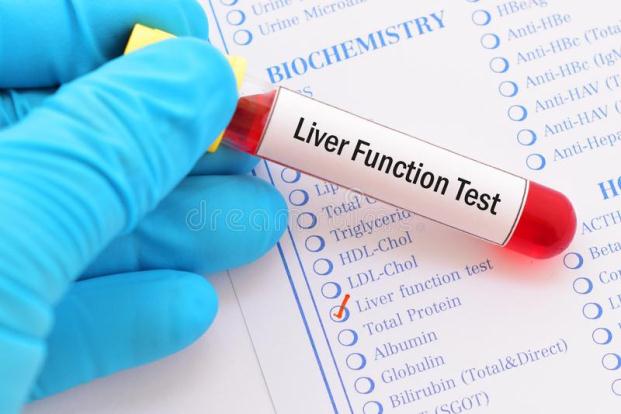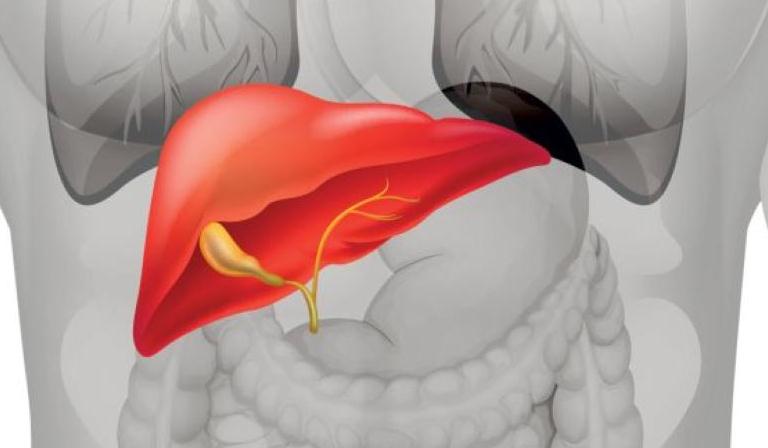Categories
- Bariatric Surgery (11)
- Black Fungus (5)
- Bone Marrow transplant (3)
- Brain Tumor Surgery Navigation Technology (20)
- Cardiac Surgery (66)
- Cardiology (97)
- Computer navigation technology for joint replacements (20)
- Covid Vaccination (17)
- Critical Care (2)
- Dental (19)
- Dermatology (31)
- Dialysis Support Group - “UTSAAH” (11)
- Dietitian (33)
- Emergency Medicine (4)
- Emotional Health (11)
- Endocrinology (33)
- ENT (20)
- Gastroenterology and GI Surgery (53)
- General and Laparoscopic Surgery (21)
- General Surgery (4)
- Gynecology & Obstetrics (183)
- Hematology (20)
- Internal Medicine (294)
- Kidney Transplant (50)
- Kidney Transplantation (20)
- Lung Cancer (8)
- Minimal Invasive Surgery (1)
- Mother & Child (20)
- mucormycosis (5)
- Nephrology (61)
- Neurology (147)
- Neurosurgery (68)
- Nutrition and Dietetics (107)
- Omicron Variant (1)
- Oncology (288)
- Ophthalmology (10)
- Orthopaedics & Joint Replacement (86)
- Paediatrics (59)
- Pediatric Nephrology (3)
- Physiotherapy (5)
- Plastic & Reconstructive Surgery (6)
- Psychiatry and Psychology (90)
- Psychologist (28)
- Pulmonology (72)
- Rheumatology (13)
- Spine Services (21)
- Transradial Angioplasty (16)
- Urology (84)
Query Form
Posted on Apr 19, 2022
Irritable Bowel Syndrome
Irritable Bowel Syndrome (IBS) is a group of symptoms—including abdominal pain and changes in the pattern of bowel movements without any evidence of underlying damage. About 10 to 15% of people in the developed world are believed to be affected by IBS.
This is a chronic disorder which can last for years or lifelong. It cannot be cured but symptoms and quality of life can be improved with medications.
It has four main types depending on the accompanying aspects –
- If diarrhea is common (IBS-D)
- If constipation is common (IBS-C)
- If both diarrhoea and constipation are common (IBS-M)
- If neither occurs (IBS-U)- very often.
IBS is a diagnosis of exclusion meaning that it is diagnosed only when other possible causes of similar symptoms has been ruled out, keeping in mind that all diseases cannot be ruled out definitely with the available tests especially in early stages. Many patients who are initially thought to have IBS later develop new symptoms and are found to have some other life threatening disease. It should also be noted that one disease does not give immunity to other diseases, so patient may have developed other diseases in due course. But before a diagnosis of IBS is made basic investigations should be done as required to rule out common diseases as far as possible.
IBS is not life threatening, but can affect your quality of life:
Per se IBS is never a life threatening disease and its main disadvantage is impaired quality of life which may be substantial in certain people. This is not to make afraid but people should relax knowing that it is harmless and symptoms depends upon how the individual handles the situation. Disorders such as anxiety, major depression, and chronic fatigue syndrome, are common among people with IBS and these coexistent conditions decide the reaction of the individual.

IBS and associated treatment:
Treatments depends upon the subtype.
- Diarrhoea predominant patients are treated with prolonged course of gut specific antibiotics, stool binders like Ishpagula husk, avoidance of milk and milk products, anti-diarrhoeals.
- Few patients with coexistent anxiety and depression needs constipating anti-anxiety drugs.
- For constipation predominant patients stool softeners are used like lactulose, milk of magnesia, polyethylene glycol, etc and antidepressant for associated behavioural disorders.
- For relief of pain various antispasmodic agents are used. These drugs may be needed for prolonged period depending upon relief of symptoms.
- Like most of the functional GI Disorders, IBS occurs mainly in persons living a sedentary and stressful life. So the cornerstone for treatment of all types IBS is increased physical activity, regular exercise and avoidance of stress factors, learning how to cope with stressful situations, doing meditations.



